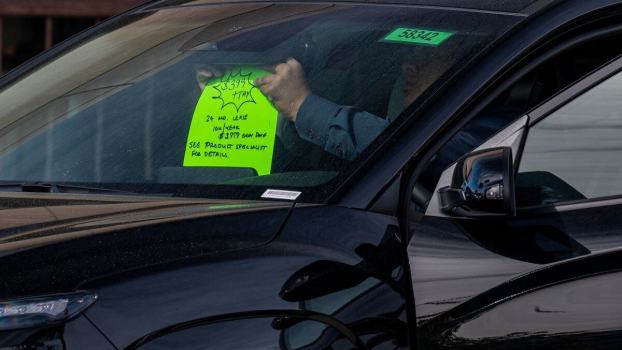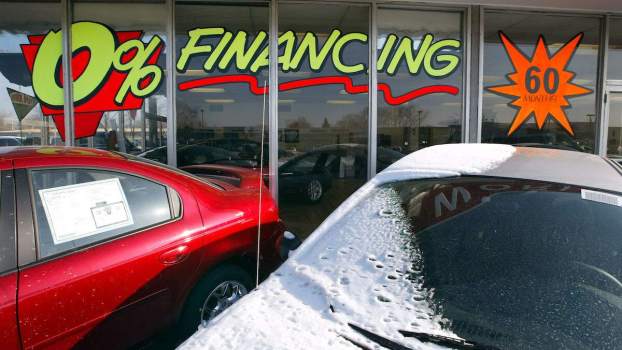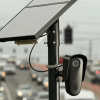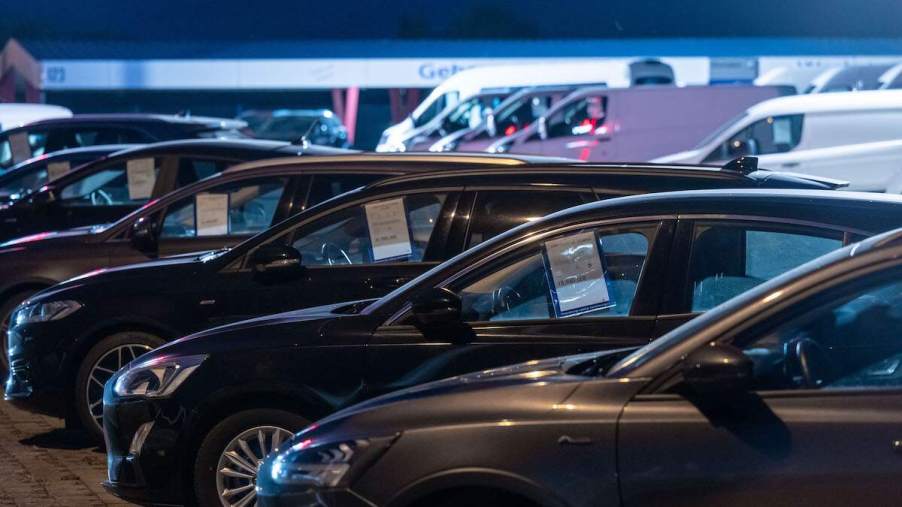
12 States That Ban Car Sales on Sunday and the Archaic Reason Why
Car buying isn’t simple. It’s a multi-step process that involves considering potential issues. Making matters more complicated, some car dealerships are closed on Sundays. Here’s a look at why 12 states ban car sales on Sunday and potential ways to avoid these so-called blue laws.
These 12 states ban car sales on Sunday
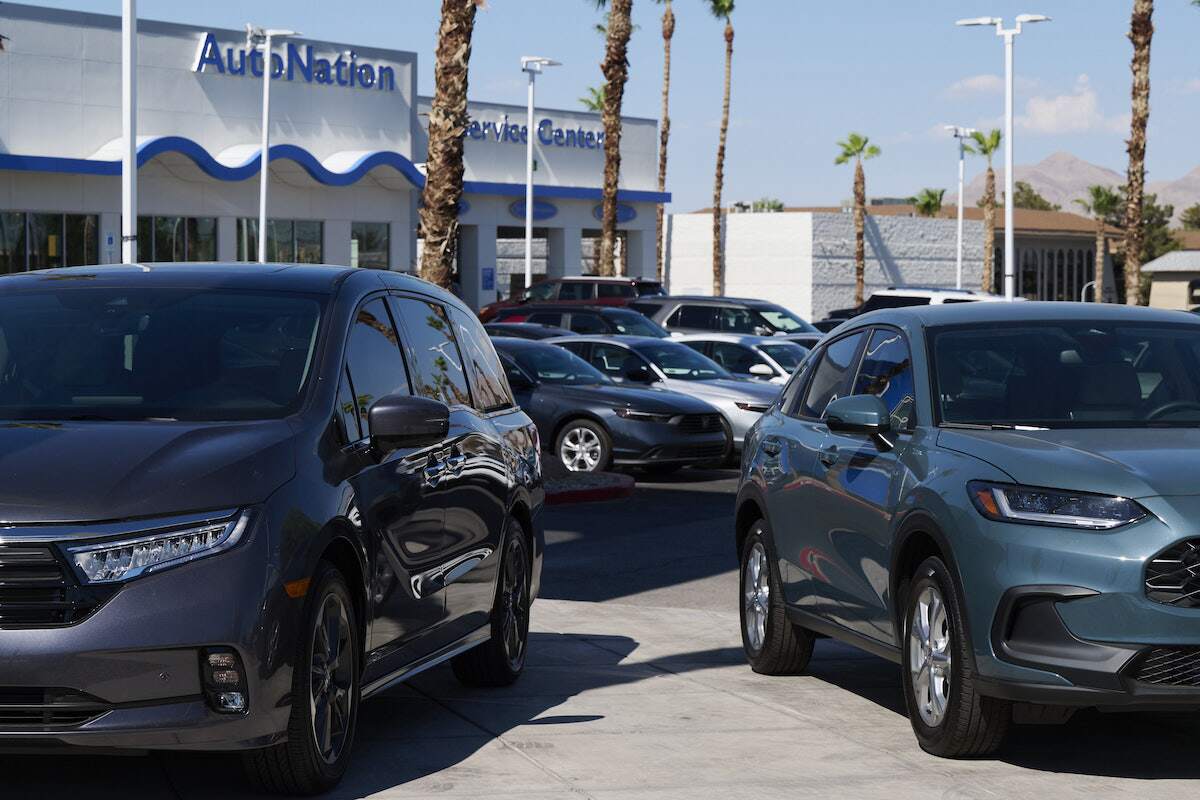
America is complicated, and all 50 states can make their own laws. Twelve states ban car sales on Sundays. Technically speaking, other states have similar regulations. However, they aren’t outright bans but restrictions on how shoppers can buy cars on Sundays.
For example, Maryland, Michigan, Nevada, North Dakota, Texas, Rhode Island, and Utah do not have total bans on car buying on Sundays. But they might restrict the hours when dealerships can sell cars that day. The 12 states with outright bans on Sundays are Colorado, Indiana, Illinois, Iowa, Minnesota, Missouri, Maine, Mississippi, Louisiana, New Jersey, Pennsylvania, and Wisconsin.
Car shoppers in those states must do their due diligence regarding what they can and can’t do on Sundays. However, folks in states like California, New York, and Florida don’t have to worry about these regulations, also known as “blue laws.”
What are blue laws, and when did blue laws start?
Bans on car sales and other secular activities on Sundays are called blue laws. They have existed for over a hundred years and were conceived as religious laws. The original concept relates to the biblical idea of the Sabbath and Sunday being a day of rest. Blue laws affect not only car sales but also alcohol sales.
Although some car dealerships are closed on Sundays for that archaic reason, many states that try to separate church and state keep those blue laws on their books. The main reason for keeping these laws on the books stems from the idea of the day of rest. As Junkyard Mob explains, selling cars is a grueling, highly competitive, fast-paced job.
As a result, it makes sense to give car salespeople a day off on Sunday. That prevents them from being overworked. It can also reduce a car dealership’s turnover rate. Many dealerships struggle with high turnover, and some try to combat that by giving their salespeople a day off on Sunday even though they’re not required.
So, why are they called blue laws? Some sources say the term references the blue paper on which the laws were written or the blue wrapping on documents in the late 18th century. Others surmise “blue” refers to an archaic adjective describing sinful behaviors such as drinking and adultery.
Here are ways you can get around blue laws that ban car sales on Sunday
That said, in most cases, blue laws affect businesses rather than private sales from person to person. So one way to skirt blue laws is to buy used cars directly from a person instead of a dealership. That’s a popular option even in states without blue laws, mainly because the internet has made car shopping easier.
Similarly, buying cars online is another way to circumvent blue laws, though it depends on the exact rules. Sometimes, consumers can buy a car on Sunday, but the dealer might face a fine.
